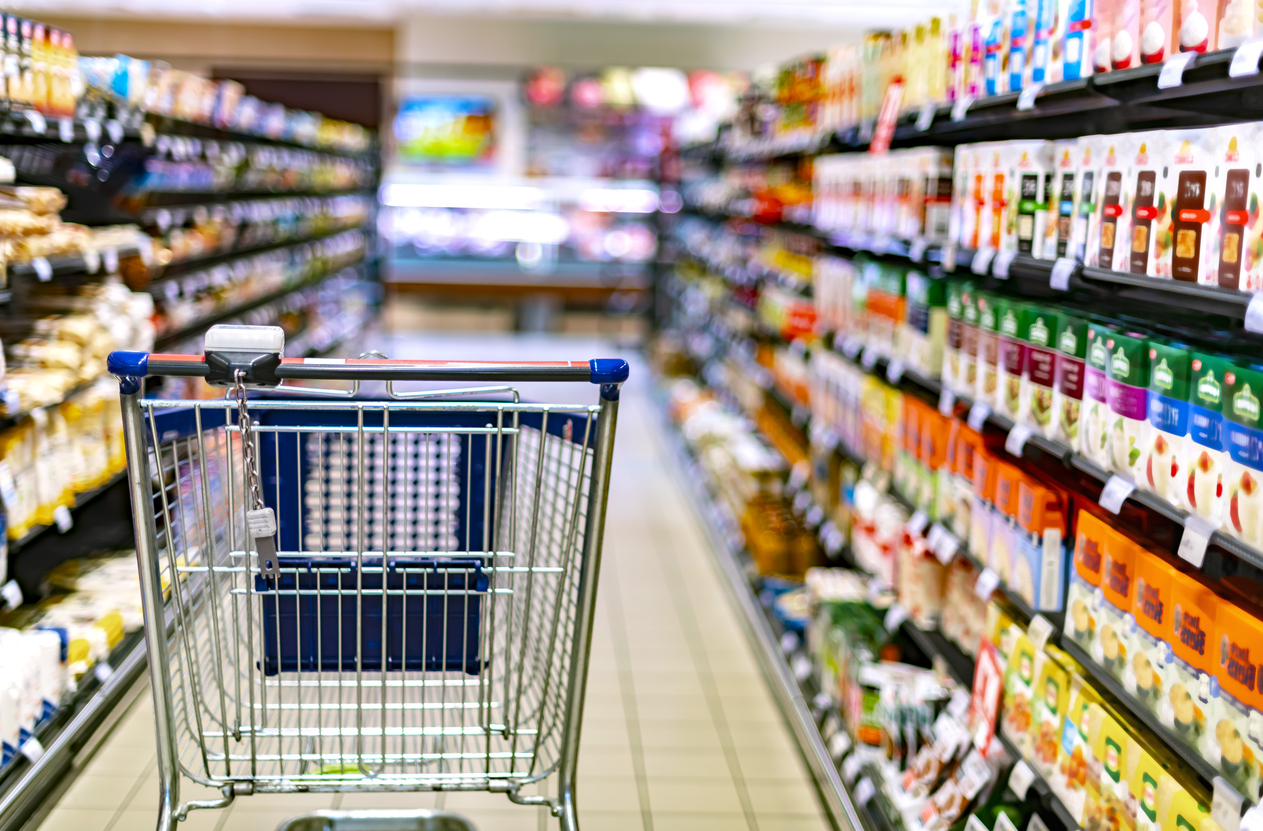Pizza Time!
Students use pizza as a basis for exploring agriculture, geography, and mathematics.
Students use pizza as a basis for exploring agriculture, geography, and mathematics.
Students label the parts of a peanut plant on a diagram, follow step-by-step instructions to plant a peanut, and use a chart to record the growth of peanut plants.
Students categorize the foods they eat, explore healthy eating habits, and investigate the MyPlate food campaign.
Students explore the numerous career opportunities involved in the dairy industry and solve real world math problems related to specific careers within the industry.
Students examine the functions of plant leaves and identify leaves as edible parts of some plants.
Students design a board game that reinforces how rangelands provide habitat for livestock and wildlife while benefiting humans, animals, and plants and explore the responsibilities of a range manager.

Students use basic mathematical skills to solve problems related to the cost of food while integrating geography and nutrition to enhance learning. Students analyze grocery ads, assess the nutrition and cost of meals, and explore diets around the world.
Students recognize the names of different fruits and vegetables and describe why they are important.
Students measure the weight and length or circumference of various vegetables, classify the vegetables based on plant parts, explore chemical reactions from cooking colored vegetables in acidic and basic water, and use a variety of vegetables to prepare soup.
Students taste test four different milks while comparing color, texture, taste, and cost. In addition, students examine four milk food labels and complete a table comparing calories, fat, and calcium found in the milks. Students make cottage cheese by heating milk to the proper temperature and adding an acid (vinegar) to speed up the separation of curds and whey.
Students discover where the ingredients in a cookie are made and make chocolate chip oatmeal cookies to practice their measurement skills and fractional mathematics.
Students examine the process of egg production from the hen to our homes, explore the parts of an egg, perform measurements of circumference and height, compare raw egg whites to egg white foams, and prepare meringue cookies.